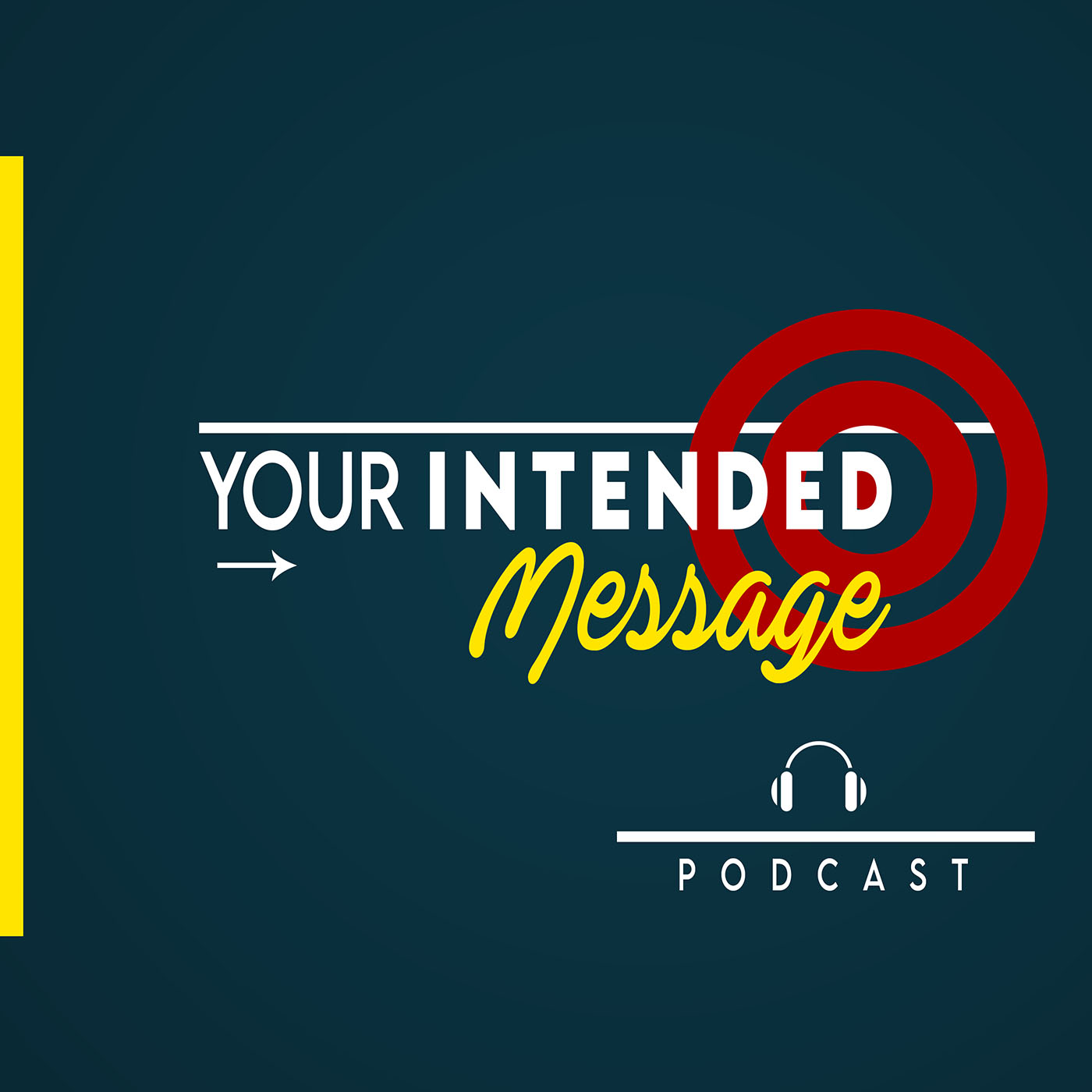
Episode 157 (Joel is based in New Jersey)
In this conversation with Joel Schwartzberg we explore:
About our guest, Joel Schwartzberg:
He was the national champion in public speaking on the collegiate level. He's a frequent contributor to Harvard Business Review, Inc.com and Toastmaster magazine.
He is the author of Get to the Point, Sharpen your Message and make your Words Matter. His clients include State Farm Insurance, Comedy Central, and Brennan Centre for justice.
Learn about his books and services at
-----
Excerpt from this conversation with Joel Schwartzberg:
So the funny thing about points is, we assume we know what one is because we use that language all the time.
But the truth of the matter, and what's most instructive and helpful for us is if we reimagined this word point, as something very specific, it's not a topic, it's not a theme.
In essence, it's an argument or a proposition, you're basically making a case for something that if you nail it, your audience will think a new, or they'll take an action step that you want them to take.
And that only happens when you make this proposition, this argument to them a case and you can tell it's a point because you can prove it with data with storytelling with reasonability, with all of Aristotle's tools, going way back when, but just as an example, because that's a description, and I like to really drill down.
Let's talk about podcasting. So if I said to you, George, or you said to me, I want to talk today about podcasting. That's your topic.
But what have you told me about podcasting? Is it on the rise? Or is it becoming antiquated? Is podcasting a good thing or a bad thing? Have there been evolutions in podcasting? Is there a good way to podcast a bad way to podcast? I have no idea the point you're trying to make if you use the word podcasting, and even if you said the importance of podcasting, or the evolution of podcasting?
-----
----more----
Your host is George Torok
George is a specialist in executive communication skills. That includes conversation and presentation. He’s fascinated by way we communicate and influence behaviors. He delivers training and coaching programs to help leaders and promising professionals deliver the intended message for greater success.
Connect with George
www.SpeechCoachforExecutives.com
https://www.linkedin.com/in/georgetorokpresentations/
https://www.youtube.com/user/presentationskills
https://www.instagram.com/georgetorok/

 Right Speaker, Right Audience, Right Time: Martin Perelmuter
Head & Heart: The Formula for Audience Connection
Motivation vs. Information: Wh
Right Speaker, Right Audience, Right Time: Martin Perelmuter
Head & Heart: The Formula for Audience Connection
Motivation vs. Information: Wh
 From Disney to Design Thinking: Creating Fresh Thinking for Big Ideas: Lee Kitchen
Scoping, Empathy, Ideation: A Structured Process for Innovation
Innovation Catal
From Disney to Design Thinking: Creating Fresh Thinking for Big Ideas: Lee Kitchen
Scoping, Empathy, Ideation: A Structured Process for Innovation
Innovation Catal
 Logic vs Emotion in Marketing: Brian Kurtz Breaks it Down
Direct Mail Discipline in the Age of Email Marketing
Over Deliver: Building a Bu
Logic vs Emotion in Marketing: Brian Kurtz Breaks it Down
Direct Mail Discipline in the Age of Email Marketing
Over Deliver: Building a Bu
 Why People Don't Hear What You Meant to Say?
The Static in Your Message
How Unintended Signals Sabotage Communication
Episode
Why People Don't Hear What You Meant to Say?
The Static in Your Message
How Unintended Signals Sabotage Communication
Episode